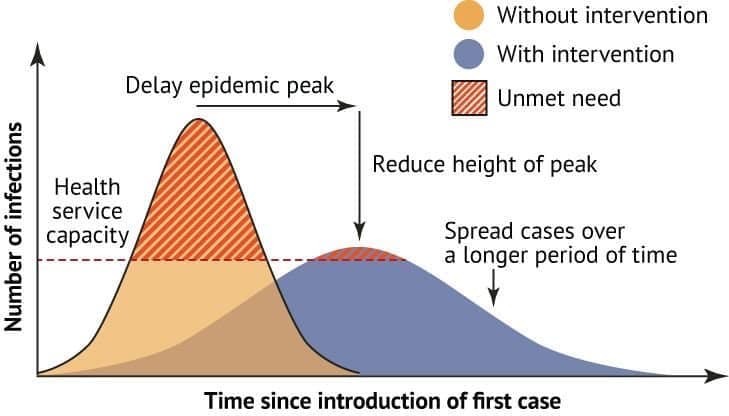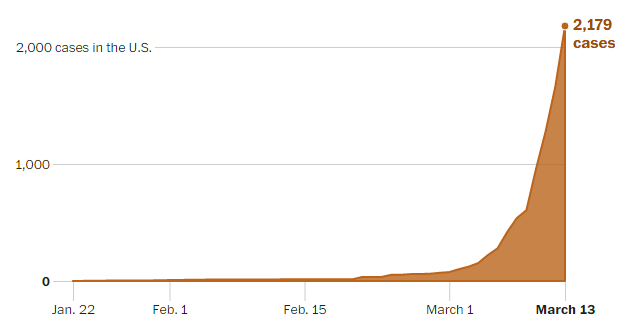Overview
Establishing a proper and confidential information system for national surveillance of COVID-19 is a prime requirement
for national Departments of Health. Bluebird was built to address the confidentiality requirements that arose in the early nineties around
HIV testing (please see http://www.intelms.com/principles.html).
Bill Gates: "US testing is disorganized. Labs that perform COVID-19 testing need to be connected to a national tracking system".
The Bluebird COVID-19 confidential National Surveillance System already empowers the South African DOH to gather data and thereby allow them to
redistribute resources, investigate potential cases and follow up.
The Bluebird COVID-19 National Surveillance System is based upon the proven and battle tested secure medical information system successfully used by more than 70 Southern African hospitals across the
country, including the Nelson Mandela Children's Hospital and the Christiaan Barnard Memorial Hospital, and more than 200 ICUs (including the largest ICU in the Southern hemisphere). Bluebird has already proved invaluable in managing CRE, Candida Auris and other MDROs.
Bluebird rapidly integrates data from siloed information systems (including all testing facilities in South Africa and multiple medical facilities) into a single, cloud-based, secure platform that gives decision-makers a global view of national COVID 19 data. Because Bluebird is cloud based, no software installation or management is required.
Bluebird's COVID-19 National Surveillance System provides sections to capture Persons Under Investigation PUI (including those arriving at the country's points of entry), record patient demographics,
co-morbidities, symptoms and isolation/quarantine decisions as well as the results of testing.
Bluebird provides a unified platform to actively manage cases and contacts and to intelligently analyze comprehensive data.




